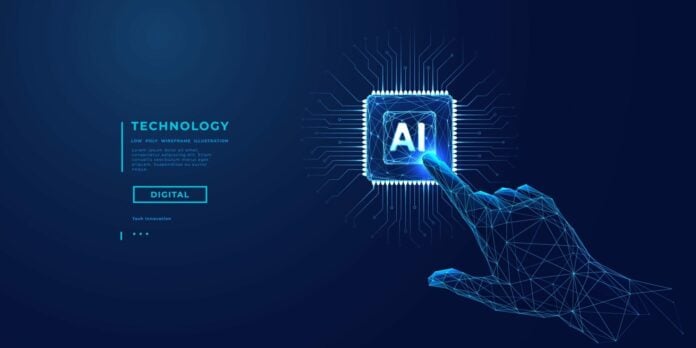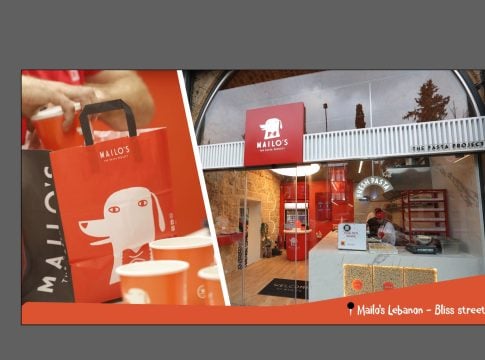Practical guidance for both organizations adopting Artificial Intelligence and professionals who want to adapt and evolve in the era of genetic and agentic AI is offered by the research of Experis “Future Forward: Building and Maintaining a Meaningful Career in the Age of Artificial Intelligence”, a brand of the ManpowerGroup group, based on data from 40,000 employers and 12,000 employees worldwide.
More than half of employers worldwide (53%) and 40% in Greece stated that they already use Artificial Intelligence tools in recruitment, integration and training processes of human resources. However, many organizations reported that the high cost is a key obstacle to its widespread adoption.
Strategies for Employers
1. Scale Down
Research shows that scaling down solutions can be efficient and flexible. According to IBM research, smaller AI models can outperform larger ones in independent benchmarking tests by up to 40%.
2. Foster a Collaborative Culture
Based on research, successful adoption of AI depends on the organization’s level of readiness and employee acceptance. 92% of executives worldwide identify the management of the change as the biggest barrier. Acceptance is enhanced when employees are actively involved, understand the benefits, and use the tools.
3. Ethical Oversight
The research highlights that AI requires ongoing human oversight to avoid bias, biases, or misinformation. Factors such as ethical judgment and emotional intelligence are still human assets that cannot be replaced. Employers are urged to ensure that the use of AI is consistent with business goals and corporate values.
4. Optimizing HR Strategies
AI is reshaping the role of HR professionals and the structure of teams. Employers are urged to redesign processes to enhance human-AI collaboration. Automating tasks such as resume evaluation and talent matching allows HR managers to focus on more valuable activities such as building relationships with candidates and managing talent.
5. Prioritize Internal Operations
The use of AI in customer-facing products or services should be preceded by internal testing within the organization. Implementing it internally first helps identify problems, reduces the risk of failures, and enhances reliability. So, when the product reaches customers, the transition is more stable and efficient.
6. Measure Return on Investment (ROI) and Communicate Success
Successful implementation of AI requires clear performance metrics. Whether it is cost reduction, revenue growth, or improved customer satisfaction, continuous monitoring of results helps businesses improve strategies and highlight their achievements, both internally and externally.
Best Practices for Employees
1. AI Literacy as a Foundation for Skill
Research shows that AI literacy is one of the most critical skills for candidates. Understanding tools like ChatGPT, Copilot, and Claude helps improve productivity and job performance. At the same time, expertise in areas like prompt engineering and large language models (LLMs) is now considered essential. The research recommends targeted programs from organizations like Google, Microsoft, and DeepLearning.AI to build a strong foundation.
Leveraging AI in the Job Search
The use of AI in the job search is becoming increasingly accepted. 85% of employers consider it legitimate for candidates to use AI, especially for creating targeted resumes, preparing for interviews, and researching employers. Candidates who use AI strategically and authentically appear more prepared and professional.
2. Empowering Human Skills Alongside AI
While AI automates many tasks, skills such as ethical judgment, communication, and creative thinking remain irreplaceable. Employers are increasingly emphasizing these skills, and candidates who leverage AI to enhance their results stand out for their technical proficiency, collaboration, and adaptability.
3. AI Pilot Projects as an Indicator of Innovation
According to the research, professionals who implement small-scale AI pilot projects in their workplace show greater differentiation. Optimizing processes through automation, data analysis, and other tools reinforce the image of a professional with vision and expertise. The research indicated that presenting clear business justifications and specific results in such projects is a sign of high strategic ability.
4. Continuous Learning to Maintain Competitive Advantage
The research highlighted that Artificial Intelligence is evolving at a rapid pace, requiring professionals to commit to lifelong learning. Monitoring new AI technologies, participating in industry conferences and joining professional communities are considered crucial actions to maintain competitiveness and adaptability in an ever-changing environment.
ManpowerGroup emphasized that AI is not a future prospect but a current reality that is redefining the demands of the labor market. As it noted, candidates who invest in AI knowledge and employers who choose strategic, ethical and efficient practices will be the pioneers of the new era.















